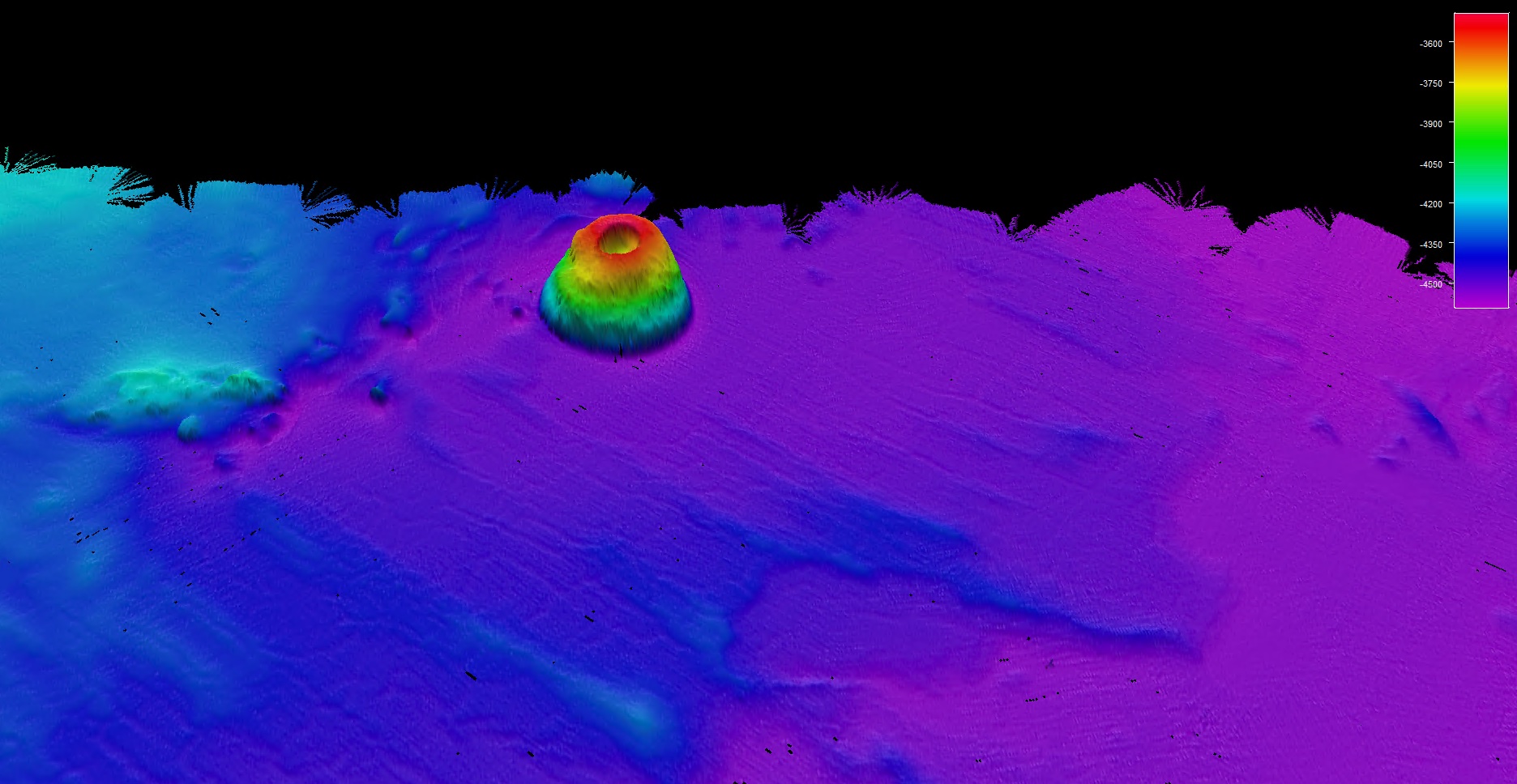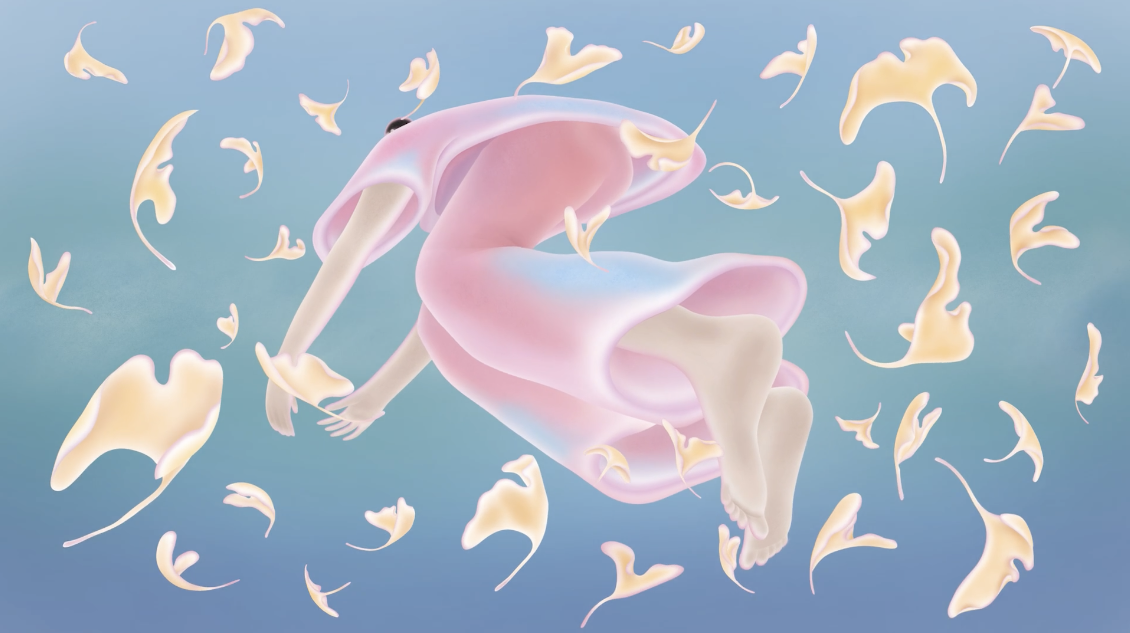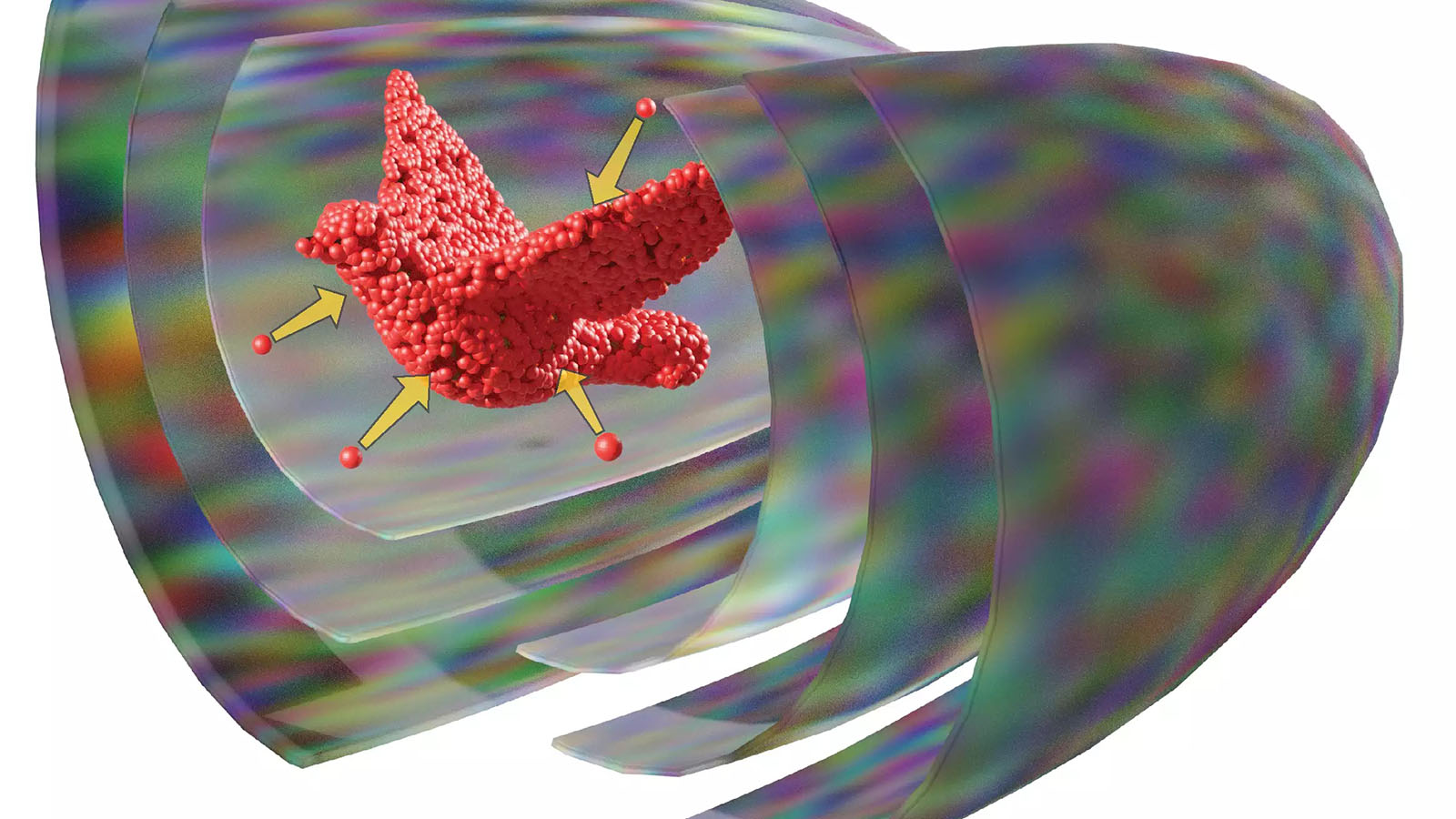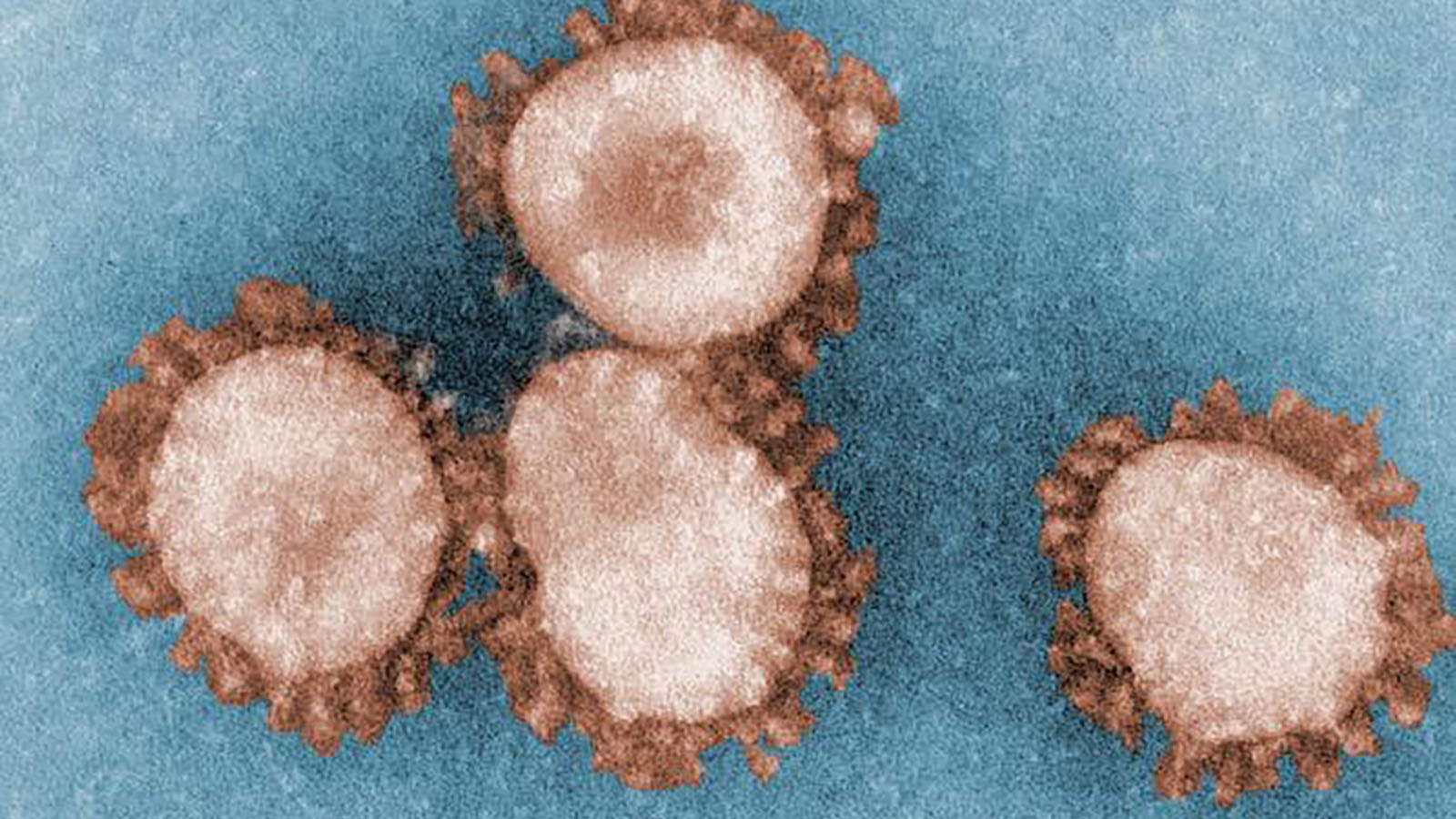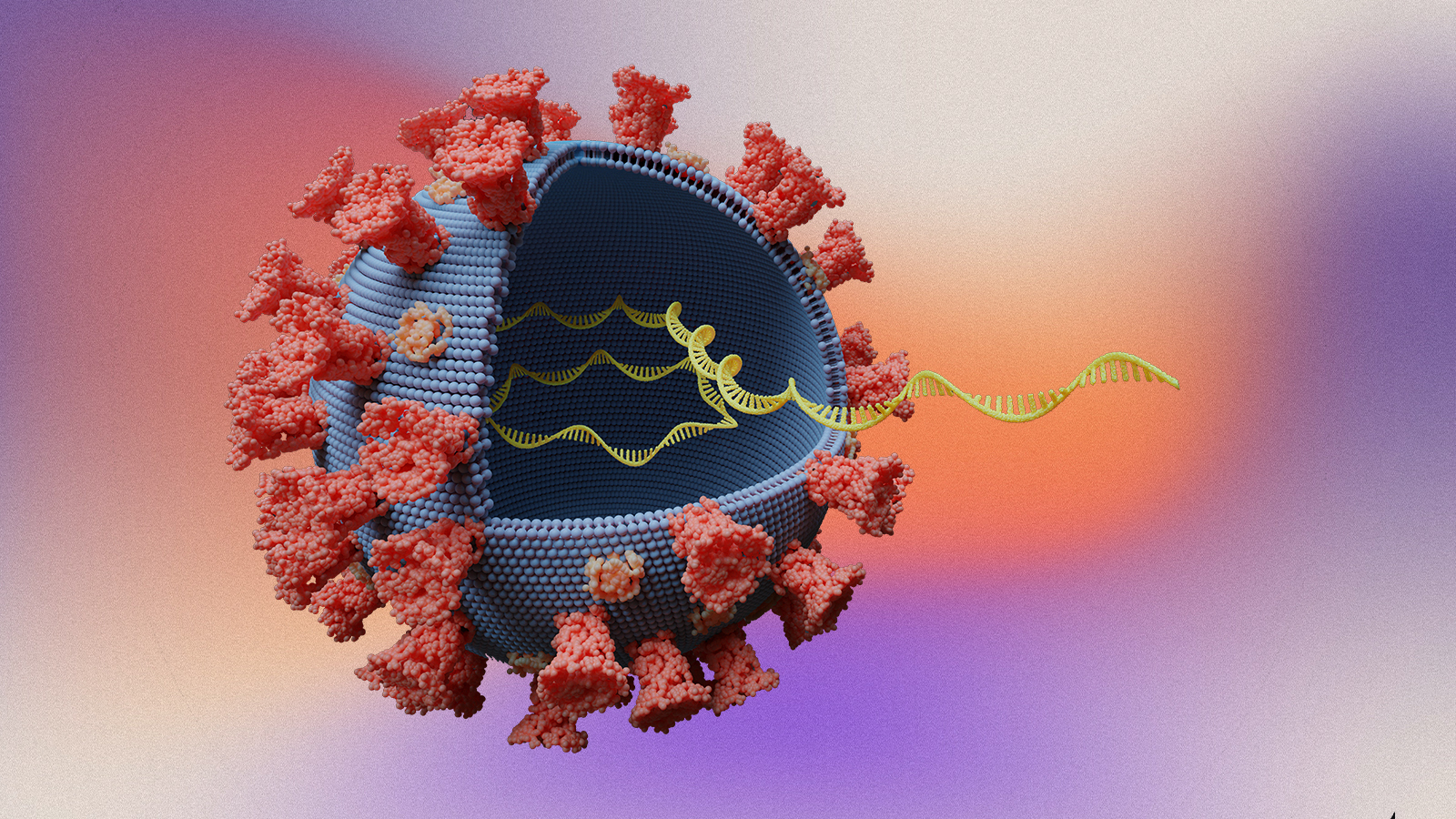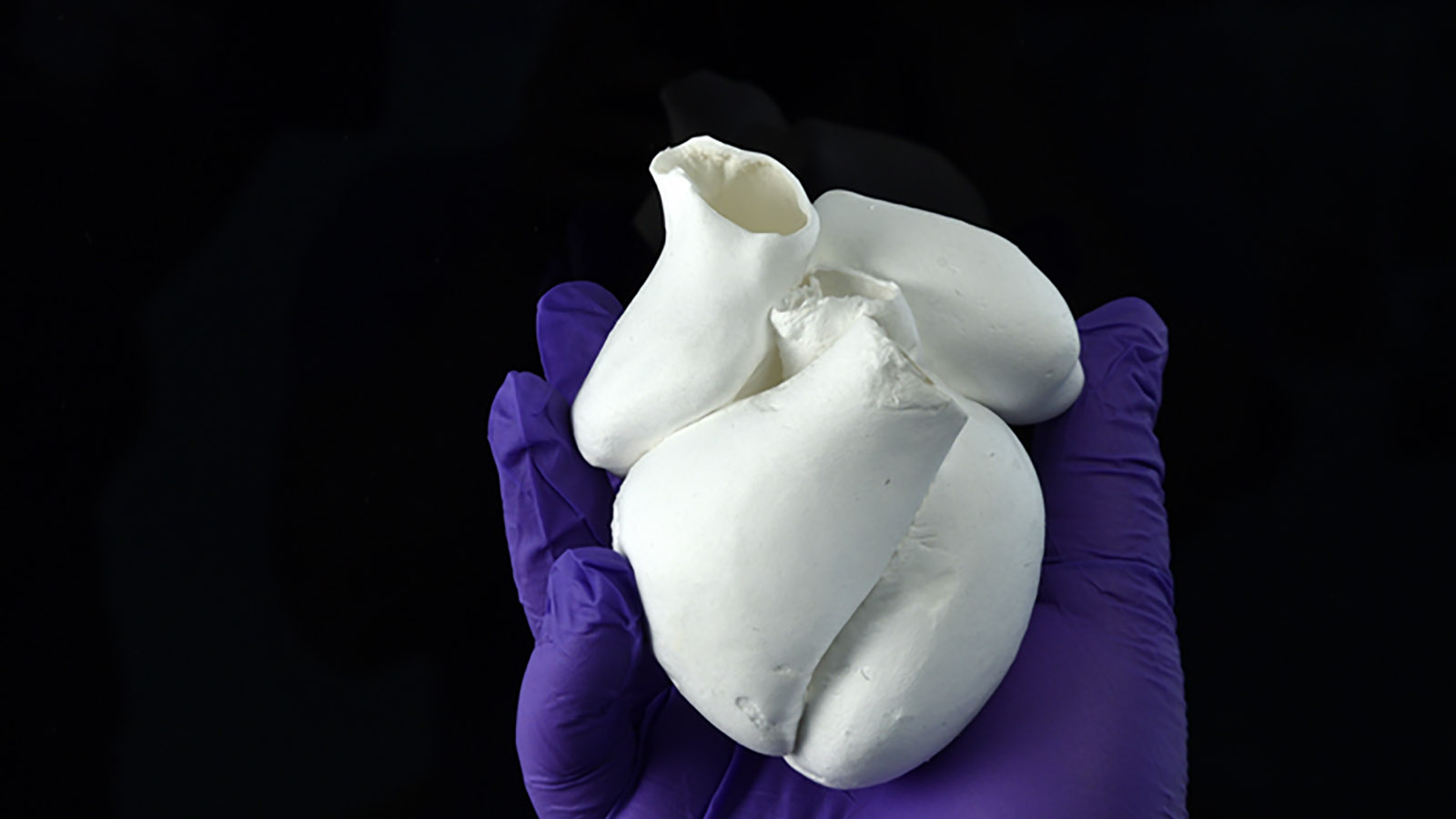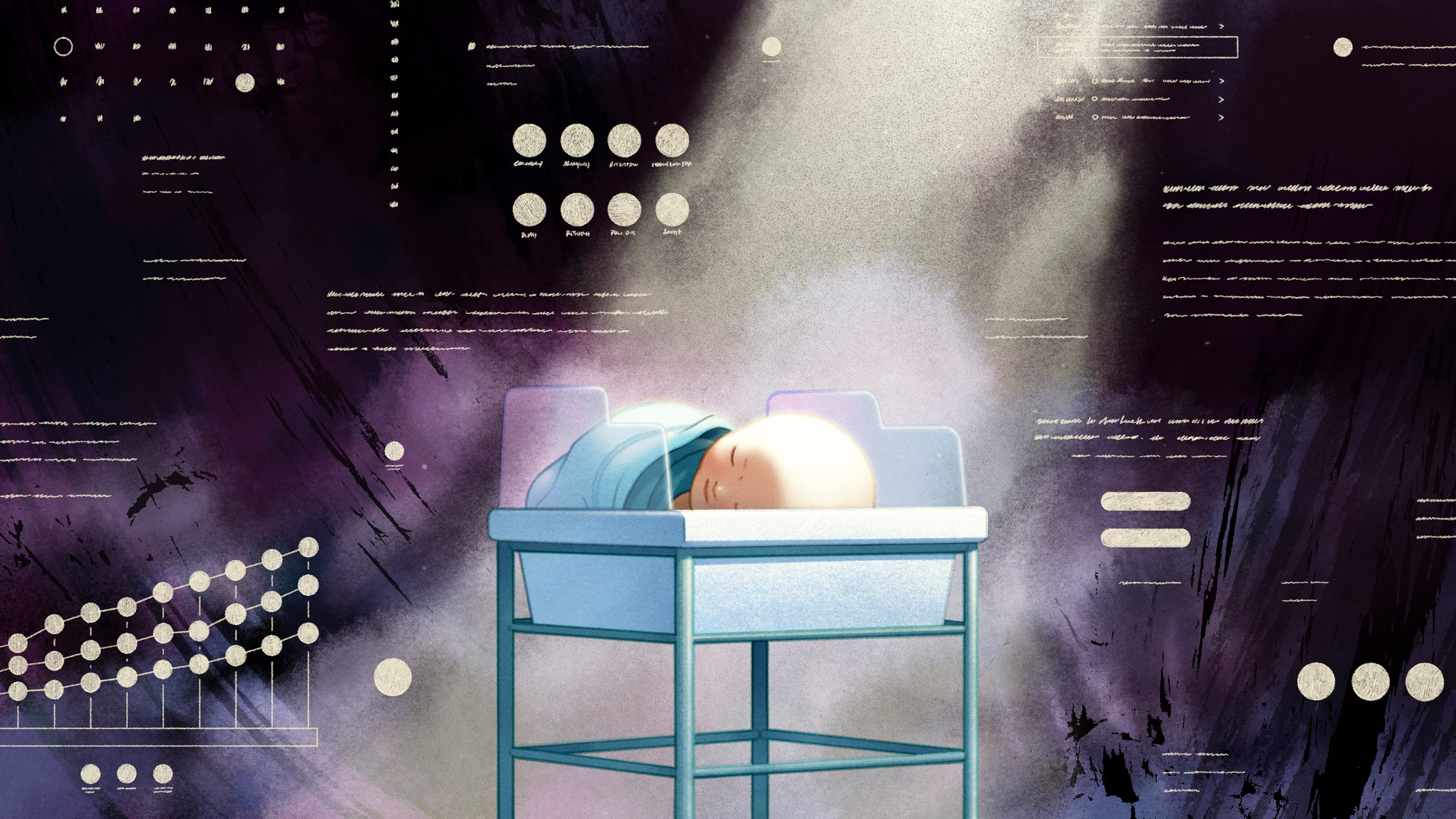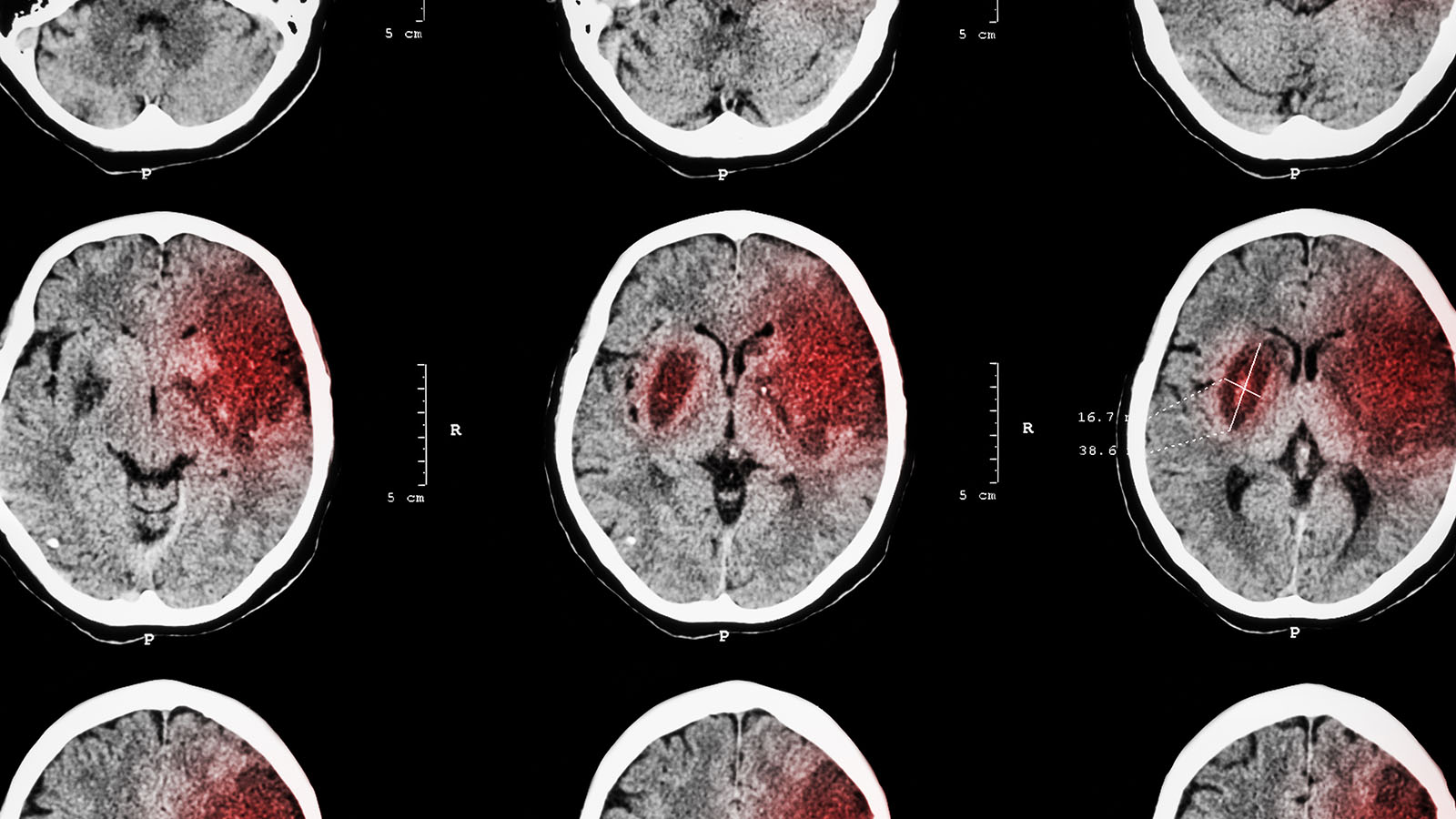B. David Zarley
B. David Zarley is a senior staff writer for Freethink, where he covers health and medicine, including infectious disease, psychedelic research, mental health, and the brain. A graduate of SUNY Fredonia, his work has also appeared in The Atlantic, The Verge, Jezebel, Frieze, Sports Illustrated, VICE, Paste Magazine, and numerous other publications. He lives in Chicago.

Retatrutide, Eli Lilly’s innovative “triple g” drug, is setting new standards in the fight against obesity.
An un-crewed sailing drone discovered the unusually shaped, slumbering seamount.
End of life patients face mental health challenges uniquely existential and spiritual in nature — but psychedelics are emerging as a possible solution to relieve the suffering.
New research shows psychedelics activate receptors inside brain cells that other compounds, like serotonin, cannot.
Using shaped ultrasound, researchers can 3D print objects in one shot.
The initial study lays the groundwork for another larger, longer phase 2 trial.
The vaccine provided protection for mouse and ferret models.
The authors call it “wildly theoretical” — but let’s take a look, anyway.
A new drug inhibits a human enzyme that coronaviruses hijack in order to replicate.
Biotechnology can convert enemy viruses into anti-cancer mercenaries.
Most patients with cancer die from metastasis. Stopping it would be a major advance in cancer therapy.
Fluphenazine, once used to treat schizophrenia, is capable of blocking a compound connected to chronic pain.
The spray uses snippets of DNA to gum up virus replication.
The new material may make marine uranium extraction economically feasible.
By creating a type O kidney, they hope to make more organs available for transplant.
The synthetic cartilage was made from cellulose fibers — the stuff found in wood — mixed with a goo called polyvinyl alcohol.
Here’s what it means for the field.
Heart muscle is shaped like a spiral, a mystery that has eluded scientists since 1669. New research has recreated the structure.
The world is aging, and with age comes vision decline. New research may have found how to improve eyesight in an accessible way.
NicoBoard is an app that helps parents make sense of a frightening time.
Deep learning AI has accurately created color images from night vision images.
Really simple interventions can greatly reduce indoor temperatures during the summer, particularly in places like the Pacific Northwest.
A successful trial that tested a vaccine against bladder cancer in dogs could help develop a similar one for humans.
The airships have a range of 4,000 nautical miles, can fly for five days, and can cruise as high as 20,000 feet at 80 mph. They take to the skies over Spain in 2026.
The common drug is called gabapentin, which is currently used to control seizures and manage nerve pain.
This isn’t America’s first rodeo with monkeypox. In 2003, the virus swept across America thanks to a shipment of exotic animals.
The site will be the first working example of a geological disposal facility.
Researchers believe they have found a single point mutation in an infection-sensing gene that causes the autoimmune disorder.
Thanks to genetic clues, scientists discovered that an old stroke therapy that had abandoned for decades might just work.
A new wave of preventative cancer vaccines are set to begin trials.

